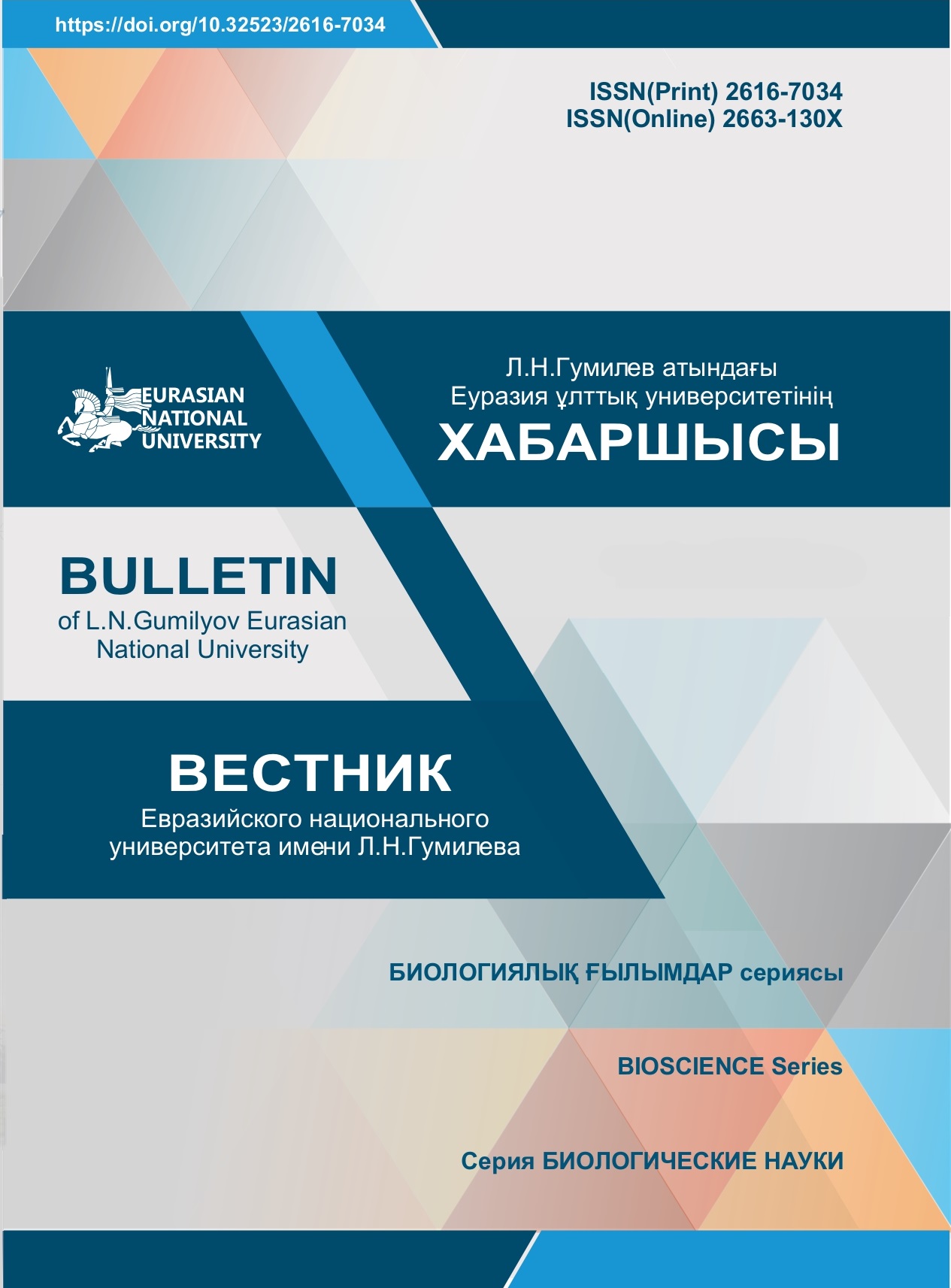Probiotics and their application in aquaculture for improving the growth and immunity of fish
Views: 317 / PDF downloads: 317
Keywords:
probiotics, aquaculture, fish, bacterial strain, review, lactic acid bacteria, feedAbstract
To increase the digestibility and digestibility of feed, stimulate the growth and development of animals, and increase nonspecific immunity, enzyme, probiotic, prebiotic and combined enzyme-probiotic preparations, as well as complex probiotic preparations enriched with phytocomponents are used.
Probiotics for artificially grown fish are beneficial bacteria and live microbiological additives that are traditionally added to agricultural aquaculture systems to maintain health, productivity and growth. Therefore, a promising direction in aquaculture is the use of feed with probiotic cultures. The use of probiotics is associated with solving various health problems, in particular, with increasing the efficiency of digestion and stimulating growth and development. Probiotics, having a positive effect on the host's body, contribute to the restoration of digestion, biological status, and immune response and increase the effectiveness of vaccination. The use of probiotics significantly reduces the cost of treating diseases in animals, increases productivity and improves product quality. In recent years, many studies have been conducted on the use of various probiotics in fishing. This review is aimed at generalizing the topic of the possible use of gram-positive bacteria as probiotics in a comprehensive study of the existing literature. With the expansion of ideas about the biological effectiveness of probiotics and the proof that the structural elements of cells and their metabolites are at least effective in some cases. As a result, various types of bacteria, including bacilli, lactic acid bacteria, and microbes, were used to improve the growth and immunity of various fish. However, this study conducted a review of the scientific literature showing that probiotics in aquaculture have a positive effect on the overall productivity of fish.








